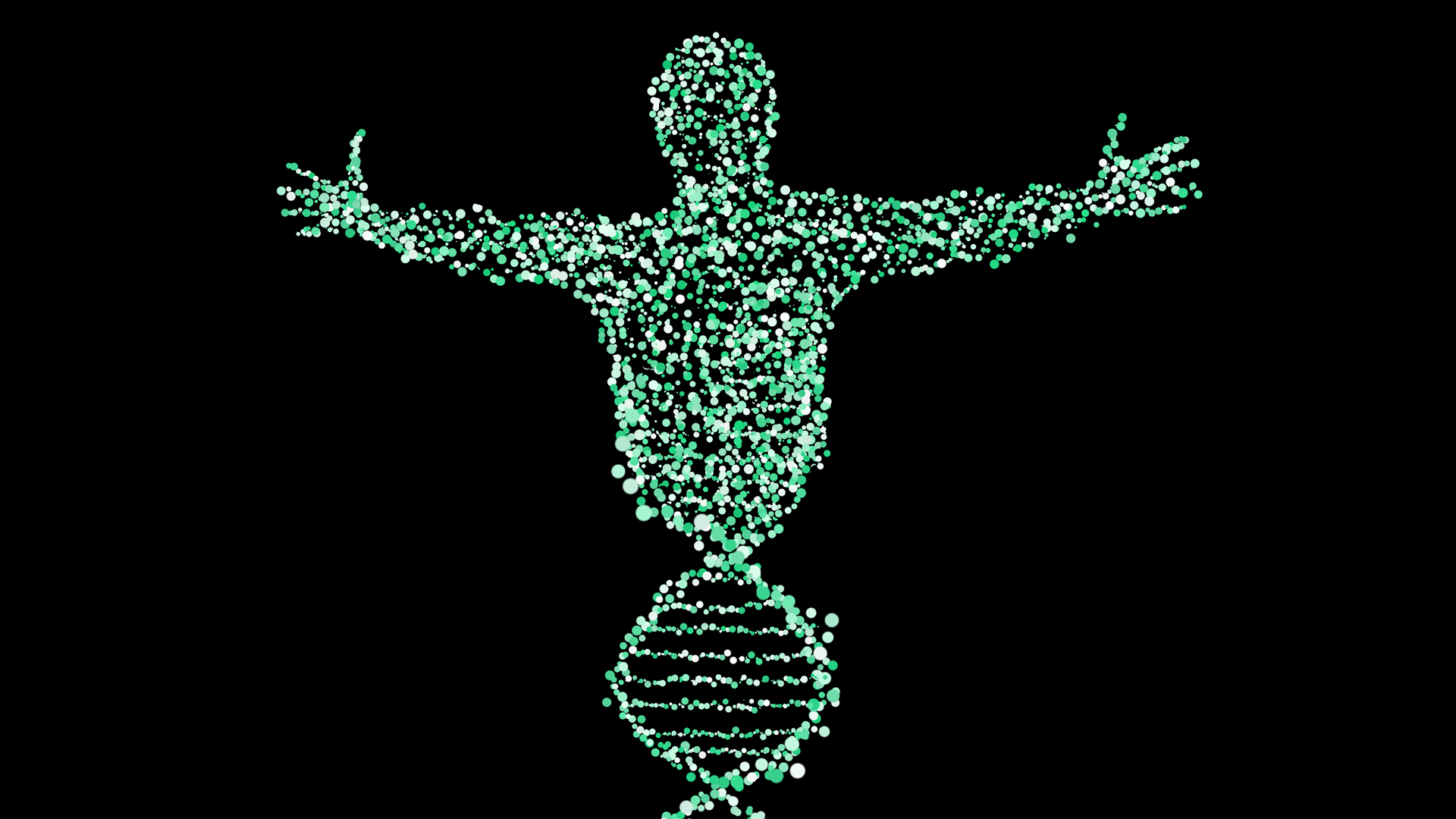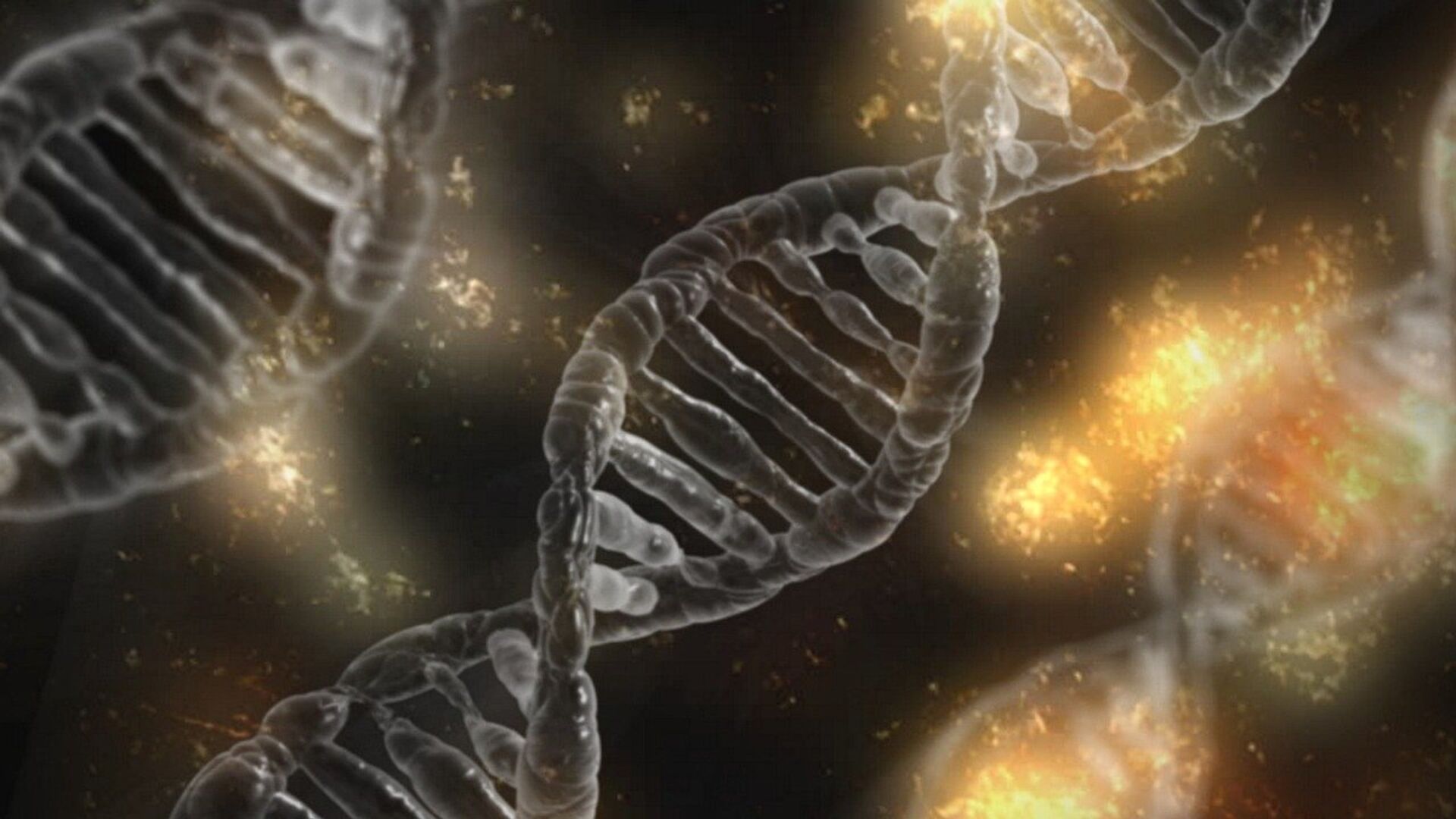https://sputnikglobe.com/20220428/genotype-of-toxic-subscriber-causes-of-online-aggression-found-1095120308.html
Genotype of Toxic Subscriber: Causes of Online Aggression Found
Genotype of Toxic Subscriber: Causes of Online Aggression Found
Sputnik International
A group of scientists from Don State Technical University (DSTU, Rostov-on-Don, Russia) have identified how groups of genes and contextual information... 28.04.2022, Sputnik International
2022-04-28T10:18+0000
2022-04-28T10:18+0000
2022-08-06T13:32+0000
russia
dna
science & tech
scientists
https://cdn1.img.sputnikglobe.com/img/105241/91/1052419117_0:181:1920:1261_1920x0_80_0_0_c38314f397858f80d68d31407fbdcb51.png
The DSTU researchers have found that the most active users, who use the Internet for shopping and entertainment, as well as those who often have conflicts, are less vulnerable to the influence of the context of information. According to scientists, this will help psychologists improve prevention and therapy of the negative effects of the informatisation of society, the university's press service reported.Genetics of Online BehaviourThe DSTU researchers have found that a person's online behaviour is influenced by genotype and level of field independence, where field independence is the ability of an individual to overcome the influence of the context of information on his or her psyche.The researchers used their own psychodiagnostic methodology and the results of molecular genetic analysis to study the characteristics of information behaviour. They examined the genes associated with the characteristics of skill formation, behavioural regulation, emotional reactions (including aggression and hostility), and the severity level of Internet addiction. These include the COMT and DRD2 genes encoding enzymes of the brain's dopaminergic system, which control the human psychophysiological state, as well as the BDNF gene encoding brain-derived neurotrophic factors.The Aggressor GeneResearchers studied several strategies of information behaviour and identified the main components (RC1, RC2, RC3) that characterise the user's online activity. The most popular strategies were "Information-Seeking on the Internet" and the "Internet as a motivating force (examples of others)". Often the leading type of activity was not a single strategy but a combination of them.The findings showed that the RC1 component combines indicators into an active and constructive form of information behaviour. Respondents in this group mainly prefer entertainment or user-generated content, and often use the online space for pragmatic purposes, such as shopping and looking for information.The RC2 component can be characterised as actively disruptive. These users exhibit aggression, signs of nationalism and extremism, and a preference for pornographic content. They actively engage in the discussion of "sensitive" topics and provoke others, scientists explained. Researchers observed in this group a combined effect of the BDNF:DRD2 (p = 0.024) and BDNF:COMT:DRD2 (p = 0.036) genes.The RC3 component can be characterised as a passive conditionally constructive form of information behaviour, the researchers said. Respondents with high scores on these scales use the Internet primarily for pragmatic purposes, as a source of information, and tend to consume content rather than produce it.Informational Independence and BehaviourThe study results of DSTU scientists showed that users who actively use the Internet for recreational, communicative and pragmatic purposes (RC1), as well as to realise aggressive impulses or sexual needs (RC3) have higher rates of hostility and demonstrate a more pronounced field independence are psychologically capable of overcoming the influence of context information.Users with strong RC1 and RC3 components share a common activity level and the purpose of information retrieval. This strategy is equally pronounced regardless of the focus of user activity or the nature of that information. According to the authors of the study, such people are generally better at navigating the information environment, as well as displaying more active and confident behaviour.According to the authors of the study, the findings provide a deeper understanding of the psychological and biological mechanisms behind the formation of information behaviour strategies. The findings may help psychologists treating young people with signs of aggressive behaviour or problems using the Internet.The DSTU Faculty of Psychology, Pedagogy and Defectology has carried out research on psychological and genetic factors of information behaviour of young people for more than 5 years. According to DSTU researchers, similar scientific works have most often studied the psychological and genetic factors of information behaviour in isolation or solely in connection with Internet addiction.
Sputnik International
feedback@sputniknews.com
+74956456601
MIA „Rosiya Segodnya“
2022
Sputnik International
feedback@sputniknews.com
+74956456601
MIA „Rosiya Segodnya“
News
en_EN
Sputnik International
feedback@sputniknews.com
+74956456601
MIA „Rosiya Segodnya“
Sputnik International
feedback@sputniknews.com
+74956456601
MIA „Rosiya Segodnya“
dna, science & tech, scientists
dna, science & tech, scientists
Genotype of Toxic Subscriber: Causes of Online Aggression Found
10:18 GMT 28.04.2022 (Updated: 13:32 GMT 06.08.2022) A group of scientists from Don State Technical University (DSTU, Rostov-on-Don, Russia) have identified how groups of genes and contextual information dependence influence user behaviour on the internet. Their study shows which combination of genes are common in aggressive users.
The DSTU researchers have found that the most active users, who use the Internet for shopping and entertainment, as well as those who often have conflicts, are less vulnerable to the influence of the context of information. According to scientists, this will help psychologists improve prevention and therapy of the negative effects of the informatisation of society, the university's press service reported.
Genetics of Online Behaviour
The DSTU researchers have found that a person's online behaviour is influenced by genotype and level of field independence, where field independence is the ability of an individual to overcome the influence of the context of information on his or her psyche.
"We have found that people with a combination of certain gene groups exhibit toxic online behaviour. Furthermore, we have established that users with high levels of field independence, aggressiveness and hostility, prefer more active forms of information behaviour,” said Irina Abakumova, Dean of the Faculty "Psychology, Pedagogy and Defectology" and Professor at Don State Technical University.
The researchers used their own psychodiagnostic methodology and the results of molecular genetic analysis to study the characteristics of information behaviour. They examined the genes associated with the characteristics of skill formation, behavioural regulation, emotional reactions (including aggression and hostility), and the severity level of Internet addiction. These include the COMT and DRD2 genes encoding enzymes of the brain's dopaminergic system, which control the human psychophysiological state, as well as the BDNF gene encoding brain-derived neurotrophic factors.
Researchers studied several strategies of information behaviour and identified the main components (RC1, RC2, RC3) that characterise the user's online activity. The most popular strategies were "Information-Seeking on the Internet" and the "Internet as a motivating force (examples of others)". Often the leading type of activity was not a single strategy but a combination of them.
The findings showed that the RC1 component combines indicators into an active and constructive form of information behaviour. Respondents in this group mainly prefer entertainment or user-generated content, and often use the online space for pragmatic purposes, such as shopping and looking for information.
The RC2 component can be characterised as actively disruptive. These users exhibit aggression, signs of nationalism and extremism, and a preference for pornographic content. They actively engage in the discussion of "sensitive" topics and provoke others, scientists explained. Researchers observed in this group a combined effect of the BDNF:DRD2 (p = 0.024) and BDNF:COMT:DRD2 (p = 0.036) genes.
The RC3 component can be characterised as a passive conditionally constructive form of information behaviour, the researchers said. Respondents with high scores on these scales use the Internet primarily for pragmatic purposes, as a source of information, and tend to consume content rather than produce it.
Informational Independence and Behaviour
The study results of DSTU scientists showed that users who actively use the Internet for recreational, communicative and pragmatic purposes (RC1), as well as to realise aggressive impulses or sexual needs (RC3) have higher rates of hostility and demonstrate a more pronounced field independence are psychologically capable of overcoming the influence of context information.
Users with strong RC1 and RC3 components share a common activity level and the purpose of information retrieval. This strategy is equally pronounced regardless of the focus of user activity or the nature of that information. According to the authors of the study, such people are generally better at navigating the information environment, as well as displaying more active and confident behaviour.
According to the authors of the study, the findings provide a deeper understanding of the psychological and biological mechanisms behind the formation of information behaviour strategies. The findings may help psychologists treating young people with signs of aggressive behaviour or problems using the Internet.
The DSTU Faculty of Psychology, Pedagogy and Defectology has carried out research on psychological and genetic factors of information behaviour of young people for more than 5 years. According to DSTU researchers, similar scientific works have most often studied the psychological and genetic factors of information behaviour in isolation or solely in connection with Internet addiction.






